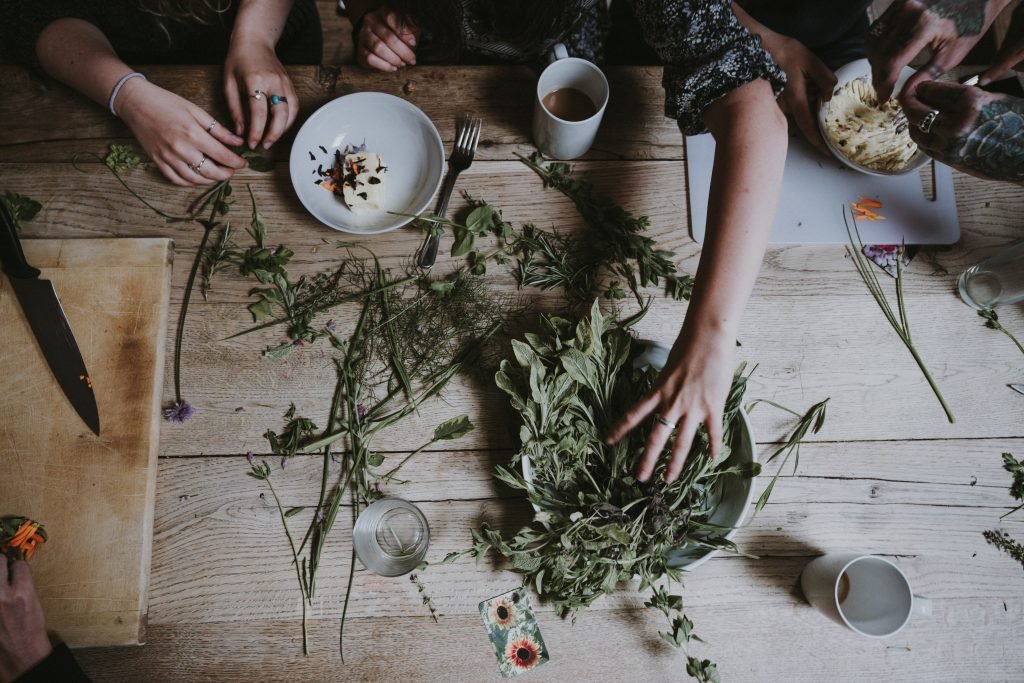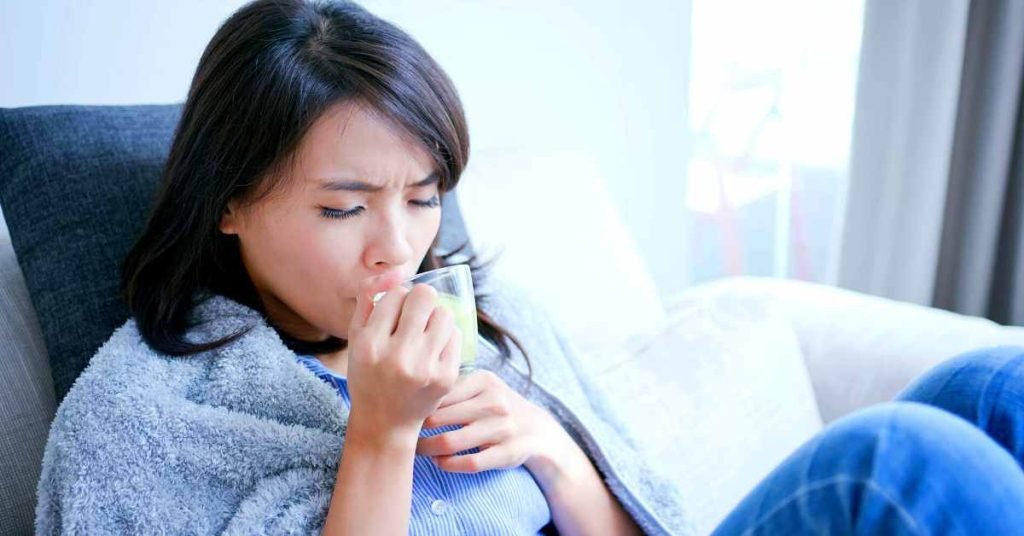Chamomile, valerian, or hops are some of the natural remedies that can help relieve anxiety and reduce stress.
Our body has a natural adaptive defense mechanism that allows us to be on alert against compromising situations. We are talking about anxiety, which has become a daily battle for many people. It appears when our bodies try to respond to a situation that threatens us, makes us feel uncomfortable, or makes us more vulnerable.
In the last two years, the pandemic has undeniably changed everyone’s lives. Living through situations like the ones we have been through not only generates uncertainty and fear but even anxiety. Now, in addition to the danger of contagion, there are other stressors, such as economic uncertainty, energetic crisis, and wars.

With this scenario, anxiety has become, along with depression, one of the most frequent mental problems worldwide since 2020.
Phytotherapy, the use of certain plants, is the best way to combat, prevent, and treat mild and moderate conditions, and has become widespread in recent years.
8 Plants to Help You Calm Down During Stressful Times
Passionflower
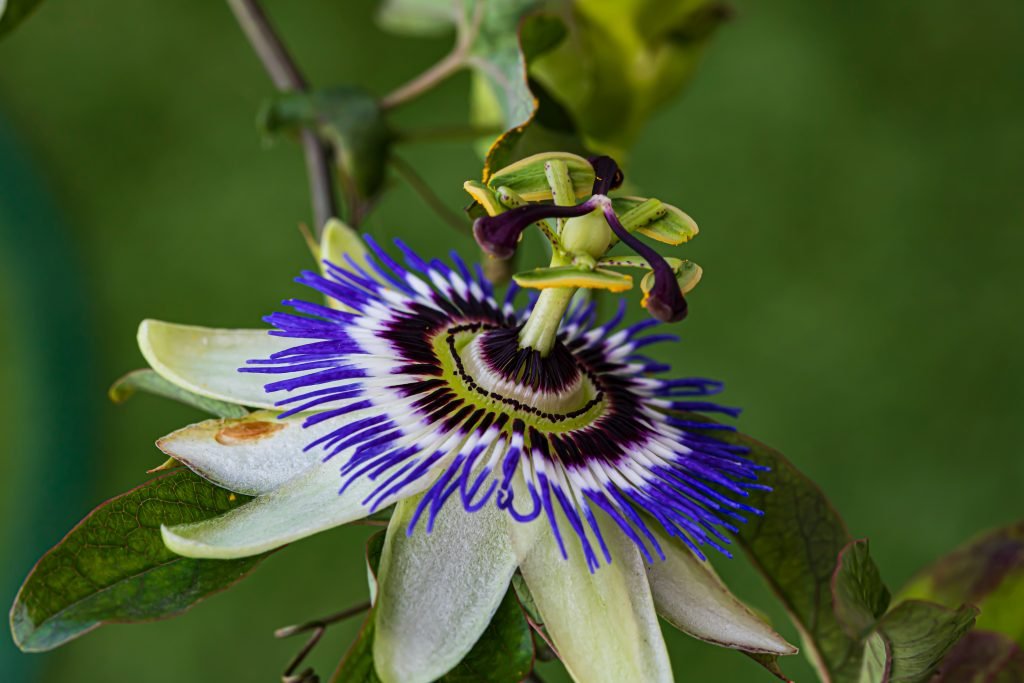
Passionflower stands out for providing a sedative effect that helps to fall asleep, hence it is especially effective in case of insomnia or anxiety.
It has long been used in Asia, Europe, and South America as a natural remedy for anxiety thanks to the presence of flavonoids and the flavone chrysin. It is therefore effective in reducing anxiety. It has a sweet and mild flavor, so it can be mixed with other herbs such as chamomile. It is ideal to take during the day, but always in small doses and with limited time of use.
Linden

This is one of the most used natural remedies for relieving stress thanks to its relaxing effect on the nervous system. It also helps to soothe headaches and digestive pain caused by stress. All this without forgetting that it is also a little diuretic, which helps with fluid retention.
Valerian
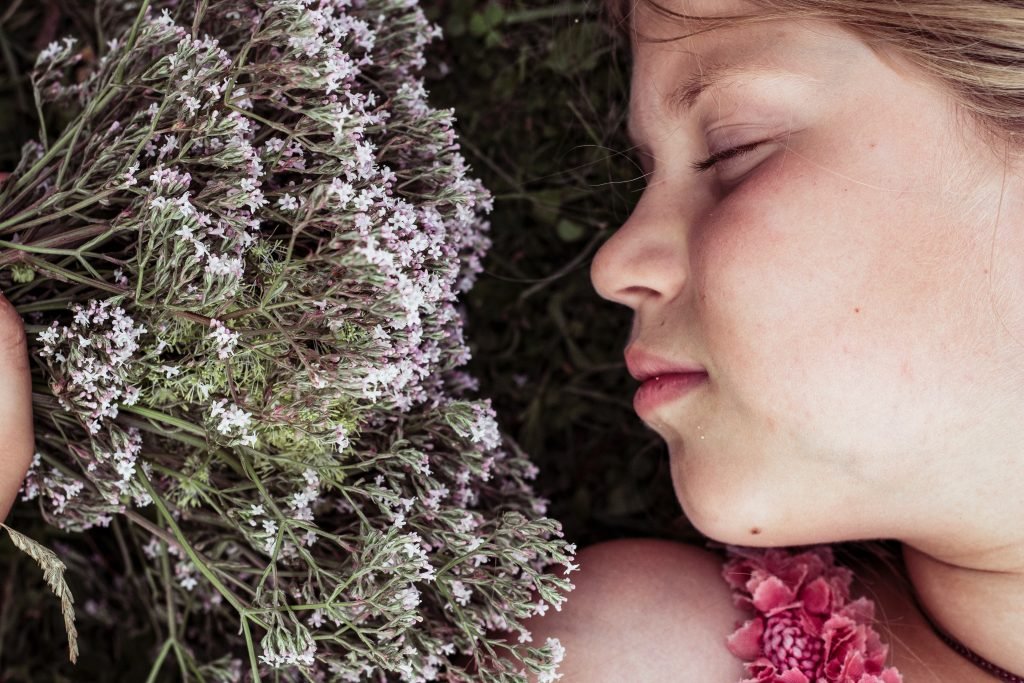
Along with passionflower, valerian is one of the most used herbs with calming effects thanks to its sedative action on the central nervous system, which helps prevent sleep disorders. It is anxiolytic and calming and therefore promotes sleep. It is mainly used as a mild tranquilizer in cases of nervousness, insomnia, and anxiety states.
Valerian root has hypnotic and sedative effects, which would help prevent mild to moderate insomnia. It also has natural muscle relaxant properties, which help reduce tension and stress.
It’s recommended for people who wake up at night. But it should be noted that excessive doses cause headaches and other effects that indicate imbalances in the nervous system.
Lemon Balm
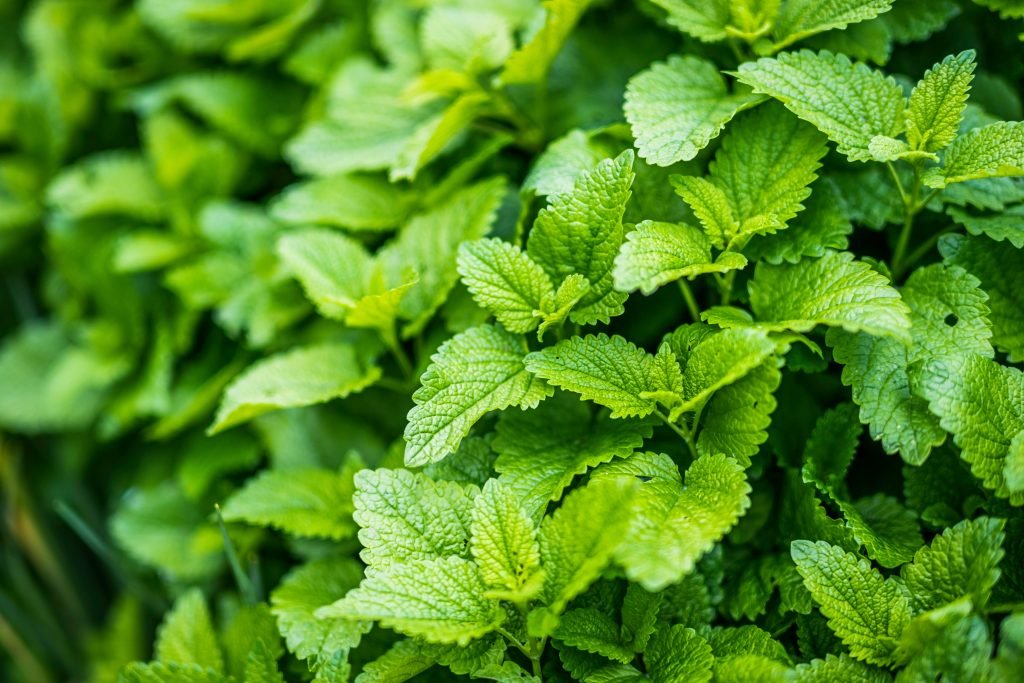
This aromatic medicinal plant is characterized by its sedative properties and is mainly used to treat nervous states. But it also has a calming effect on the gastrointestinal tract thanks to its essential oils.
Ashwagandha
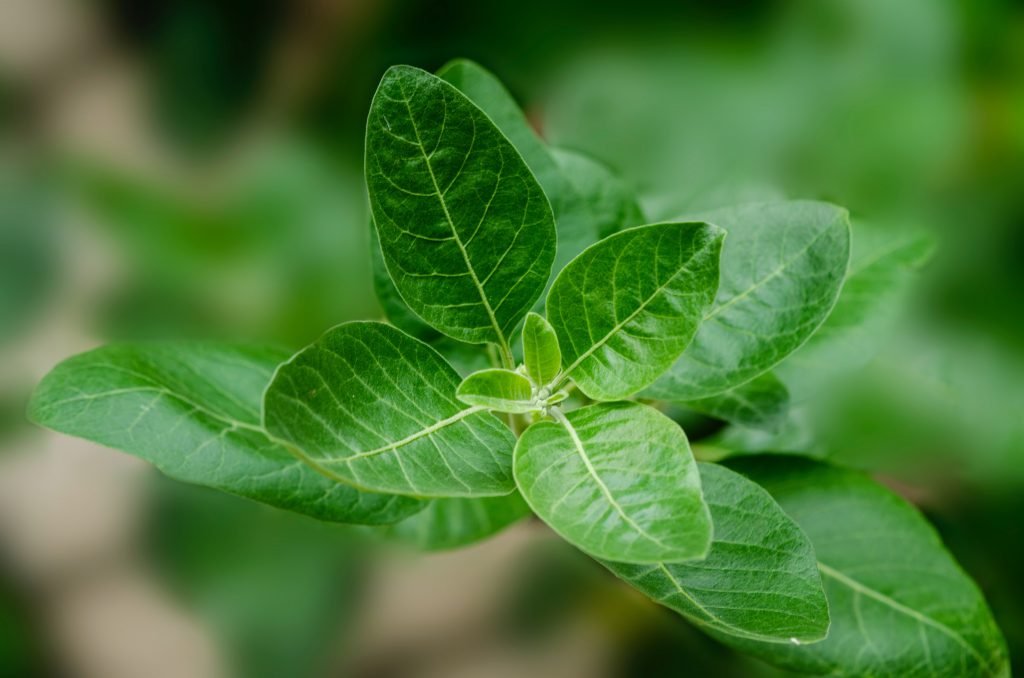
This herb has been used for more than 3,000 years to treat anxiety, stress, and insomnia. The roots and leaves of Ashwagandha, also known as winter cherry, are tasteless, so it is advisable to mix this herb with other herbs such as lavender. It is not recommended, however, for pregnant or lactating women as well as people taking anxiolytics.
Hops
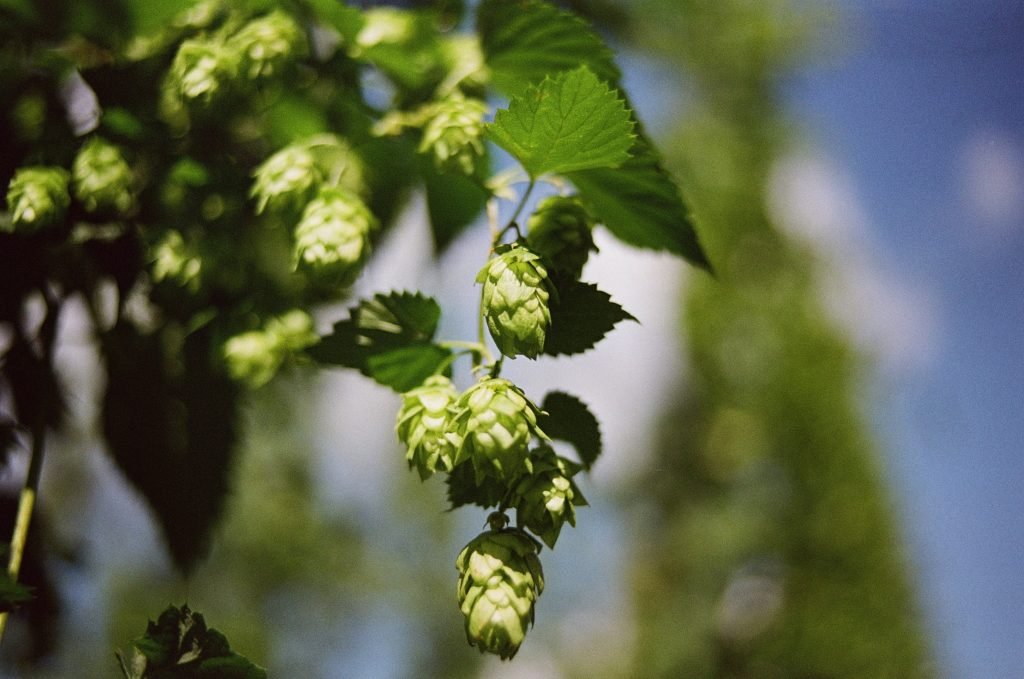
It is one of the essential ingredients of beer. Science has approved the traditional use of this plant as a tranquilizer to relieve symptoms of mental stress. Its fruits contain essential oil with terpenes and esters, of a valeric nature. Hops are hypotonic and calming.
Chamomile

This sweet tea, although not a herb that focuses on anxiety treatment itself, is excellent for its calming effects on digestive disorders caused by anxiety.
Lavender

Lavender is also an outstanding herb that, when used in infusion (also in lavender baths and lavender oils), can help you calm down. Its relaxing nature can treat symptoms of anxiety, insomnia, and depression.
Watch The Video
No content on this site, regardless of date, should ever be used as a substitute for direct medical advice from your doctor or other qualified clinicians.
MEDICAL DISCLAIMER
Itsnevernotteatime.com cannot and does not contain medical/health advice. The medical/health information is provided for general and educational purposes only and is not a substitute for professional advice.
